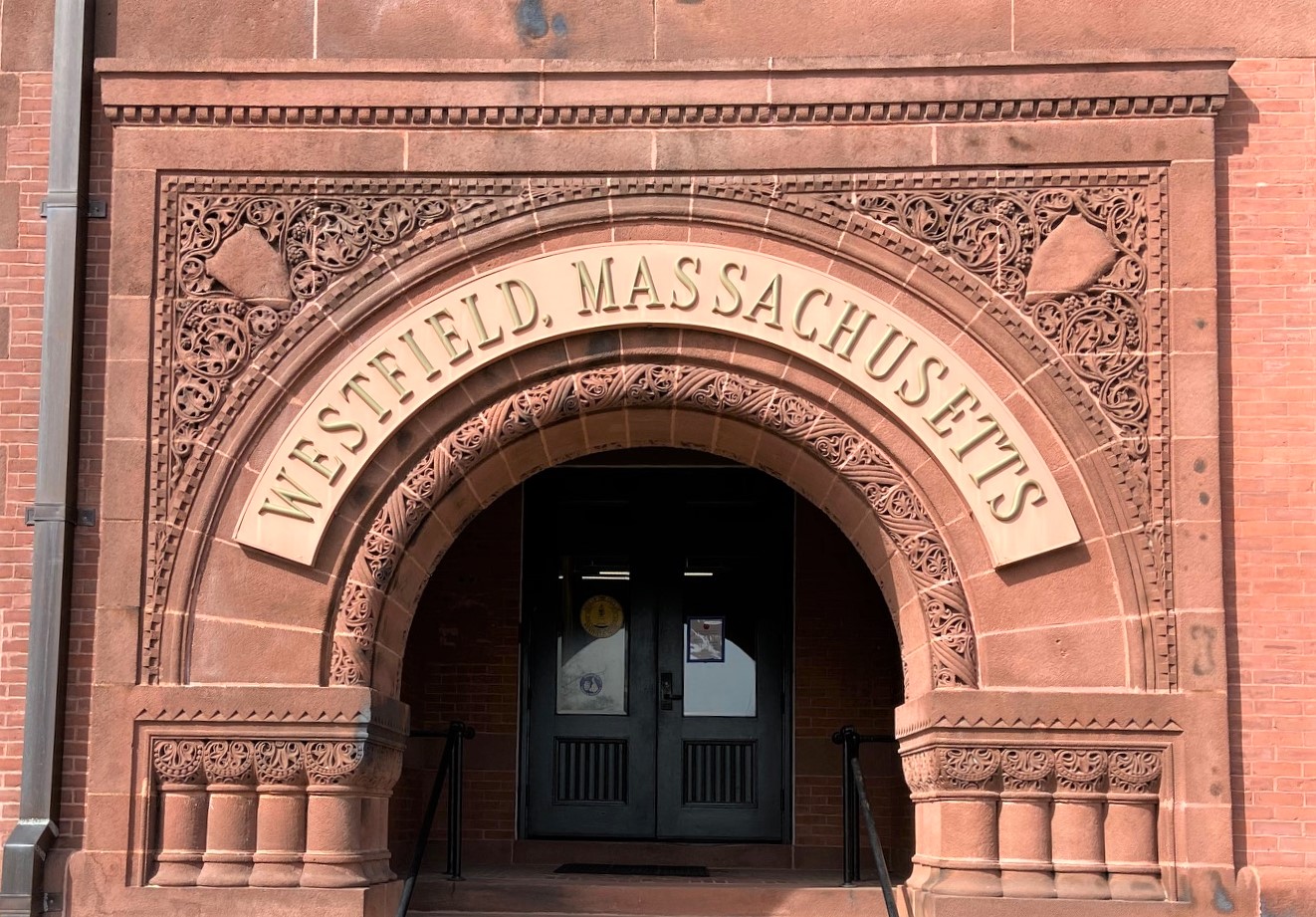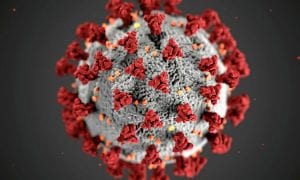By Juanita Carnes FNP, Board of Health chair and Joe Rouse, health director
WESTFIELD – More than 100 million people worldwide have been infected with COVID-19, with 2.1 million deaths. The US represents only 4% of the world’s population and currently accounts for 25% of all reported COVID-19 cases globally. The US also leads in the average number of deaths per day.
Johnson & Johnson’s late-stage trial data for a single-dose COVID-19 vaccine was released today showing slightly less efficacy than Pfizer and Moderna and will seek emergency use authorization from the FDA sometime in February.
The federal government plans to increase vaccine allocations to state and local governments from 8.6 to 10 million doses per week for at least the next 3 weeks to ease vaccine shortages across the country.
Massachusetts is presently in Phase 1 of vaccination distribution. Phase 2, Priority Group 1 (individuals 75 years and older) will start February 1st. Please visit the city’s COVID-19 website for more information (updated Wednesday): https://www.cityofwestfield.org/covid19.
More resources are expected soon to sign up if you don’t have internet access.
This week in Westfield there were 134 new cases of COVID-19, 5 related deaths and 185 in isolation. For more information, see Peter Currier’s article on page one.
This week we would like to present information on testing in the hopes to provide clarity and answer any questions you may have. There are two kinds of tests available for COVID-19: viral and antibody. Viral tests show if you are currently infected with COVID-19. There are two types of viral tests: “PCR” or “rapid antigen.” They are both done by swabbing inside your nose. PCR is the most accurate. Results are typically ready in 2-3 days, but it can take even longer if labs are overwhelmed with tests.
The “rapid antigen” type of viral test is faster, but less accurate than the “PCR” type. More specifically, it is not accurate if you have no symptoms. It is not accepted for travel requirements or return to work/school. If your result is negative from a rapid test, you should also have a PCR test to determine if you are truly negative.
An “antibody test” is a blood test that detects if your body has antibodies to the COVID-19 virus and it may tell you if you were infected in the past. A positive result does NOT mean you are currently infected. Antibodies are proteins created by your body’s immune system after you have been infected or vaccinated. Their job is to help you fight off an illness. It can take 1-3 weeks after infection for your body to make antibodies.
Current research is not clear about how long COVID-19 antibodies last in your body. It is thought that this test might only be accurate if you had the virus in the past 2-3 months.
Timing of testing for travel (national guidelines from the CDC): Get tested 1-3 days before you leave. In addition, get tested 3-5 days after you return AND stay home for 7 days. Even if you test negative, stay home for a full 7 days. If you don’t get tested, stay home for 10 days. Massachusetts’ travel order is slightly different than these newly updated national guidelines. Check mass.gov/travelorder for the most up-to-date state information.
Timing of testing after exposure: It can take almost a week after exposure to test positive for COVID-19. The best time to get tested is 5-7 days after exposure. Testing too soon could give an inaccurate negative result. Tests are most accurate when you are exhibiting symptoms. A COVID-19 test is simply a snapshot in time of your body when the sample was taken. Meaning that if your result is negative, it could be that your body did not contain enough of the virus to test positive. In other words, a negative PCR test does NOT mean that you are free of infection. If you get tested and don’t isolate from others, the test you took is no longer accurate because you have possibly exposed yourself again. This also means that if you are around other people and then your test returns positive, you have exposed those people to the virus.
A “close contact” is defined by the CDC as someone who was within 6 feet of an infected person for a total of 15 minutes or more during the two days before the person gets a positive test result or develops symptoms. This rule is irrelevant if you hugged, kissed, shared utensils or a drink, or were near someone when they coughed or sneezed. Any of these types of interactions are considered “close contact” and put you at risk for passing the virus.
If you test positive or are identified as a close contact, expect to be contacted by Contact Tracing Collaborative or the Westfield Health Department. Each situation is unique and they will advise you on how long to quarantine and when it is safe to return to work/school.
We understand that this is a lot of information and it can be confusing. Even medical staff and public health officials need to utilize resources to stay up-to-date with the latest information. Useful resources are available from the city, state, and CDC. If you have questions and concerns regarding your health and a possible exposure, the first step is to call your healthcare provider.
Dedicated health department members who have been working tirelessly throughout the pandemic are: Debra Mulvenna RN, Assistant Director Evelyn Bristol RN, Steve Cipriani, Health Inspector Thomas Hibert, Health Inspector Cheryl McMordie, Office Manager Crystal Dugay, Kathi Cotugno, CORE coordinator
Other Board Members: Margaret Doody, Stan Strzempko MD
WE KEEP WORKING TO KEEP YOU SAFE Wear your mask. Wash your hands. Keep your distance. Avoid gatherings. Stay home. Save lives.
Look for us in next Saturday’s edition.






